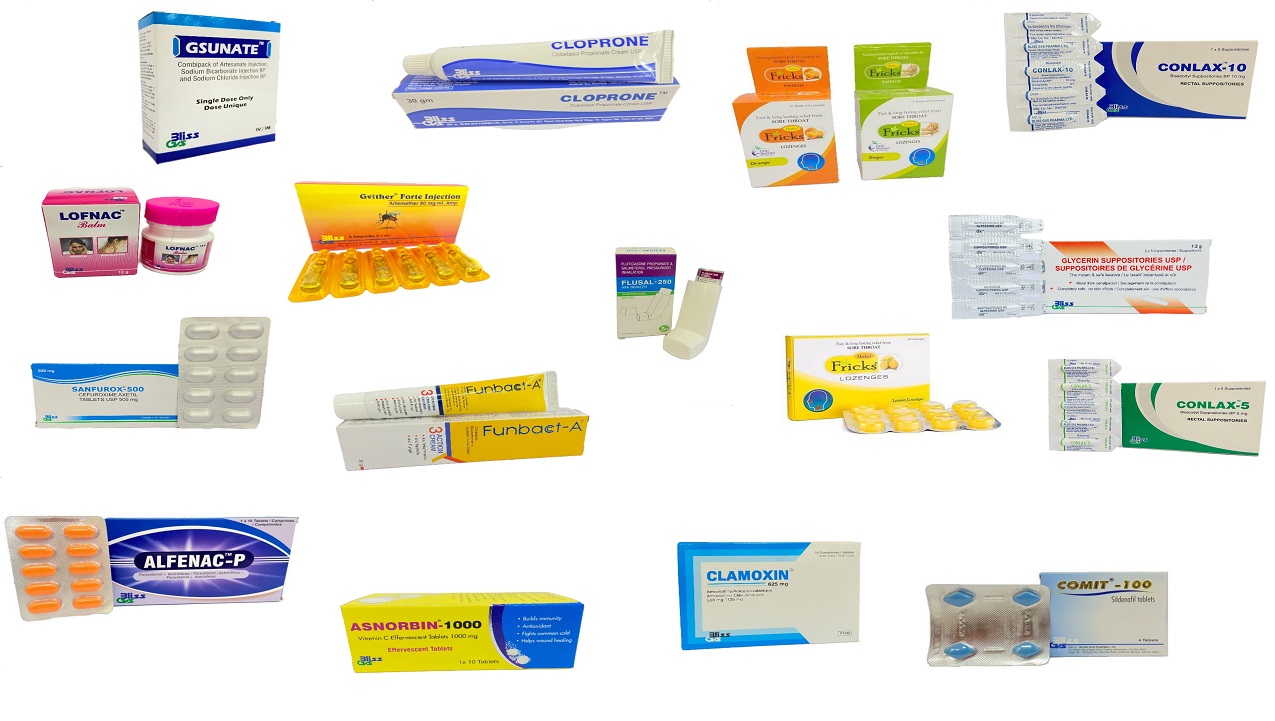· Pharma Industry in Kenya · 3 min read
How to Export Pharma Products to Kenya
Exporting pharmaceutical products to Kenya requires a few steps, including obtaining necessary licenses and permits from the Kenyan government like The Pharmacy and Poisons Board (PPB) and The Kenya Bureau of Standards (KEBS), as well as meeting certain import requirements. It is important to work with a local Partner like Prunus Pharma who can assist with the import process and ensure that all necessary documents and paperwork are in order.

Overview
Summary of Process
- Research the Kenyan market and regulations for importing pharmaceutical products. This will help ensure that your products meet the necessary requirements and are in demand in the Kenyan market.
- Research and identify potential distributors or importers in Kenya. Obtain the necessary licenses and permits from the relevant authorities to export pharmaceutical products to Kenya. This may include a license to manufacture and distribute the products, as well as a permit to import them into Kenya.
- Ensure that your products meet the quality standards and regulations set by the Kenyan authorities. This may require obtaining necessary certifications and conducting quality control tests on the products.
- Submit the necessary documentation, including product information, labeling, and safety data, in CTD Dossiers to the PPB for review and approval.
- Work closely with the PPB and provide any additional information or clarification as required during the registration process.
- Monitor the product registration status and stay in contact with the PPB to ensure that the products remain registered and in compliance with all regulatory requirements. Once the products are registered, obtain a registration certificate from the PPB, which will be required for importing and selling the products in Kenya.
- Develop a business plan and marketing strategy for exporting your pharmaceutical products to Kenya. This should include identifying potential distributors and partners in the Kenyan market, as well as pricing and pricing strategies.
- Develop a strong network of contacts and relationships with relevant stakeholders in the Kenyan market, including distributors, wholesalers, retailers, and healthcare professionals. This can help to facilitate the import and distribution of your products in Kenya.
- Work closely with your distributors and partners in Kenya to ensure that your products are properly marketed and promoted to healthcare professionals and consumers in the market. This may include providing product training and support, as well as conducting market research to identify consumer needs and preferences.
- Monitor the performance of your products in the Kenyan market, and regularly review and adjust your business plan and marketing strategy as needed to maximize sales and market share in Kenya. This may include launching new products, expanding distribution channels, or implementing new pricing strategies.
Prunus Pharma Pharma Importer of choice
- Researching and understanding the Kenyan market and regulatory requirements for importing pharmaceutical products
- Obtaining the necessary permits and licenses from the Kenyan Ministry of Health and other regulatory bodies
- Preparing and submitting the necessary documentation to facilitate the customs clearance process in Kenya
- Working closely with local distributors to ensure that the products are delivered to the right destination and handled properly during the transit process
- Providing information and support to the local distributor to ensure that the products are marketed and sold in compliance with all regulatory requirements.


